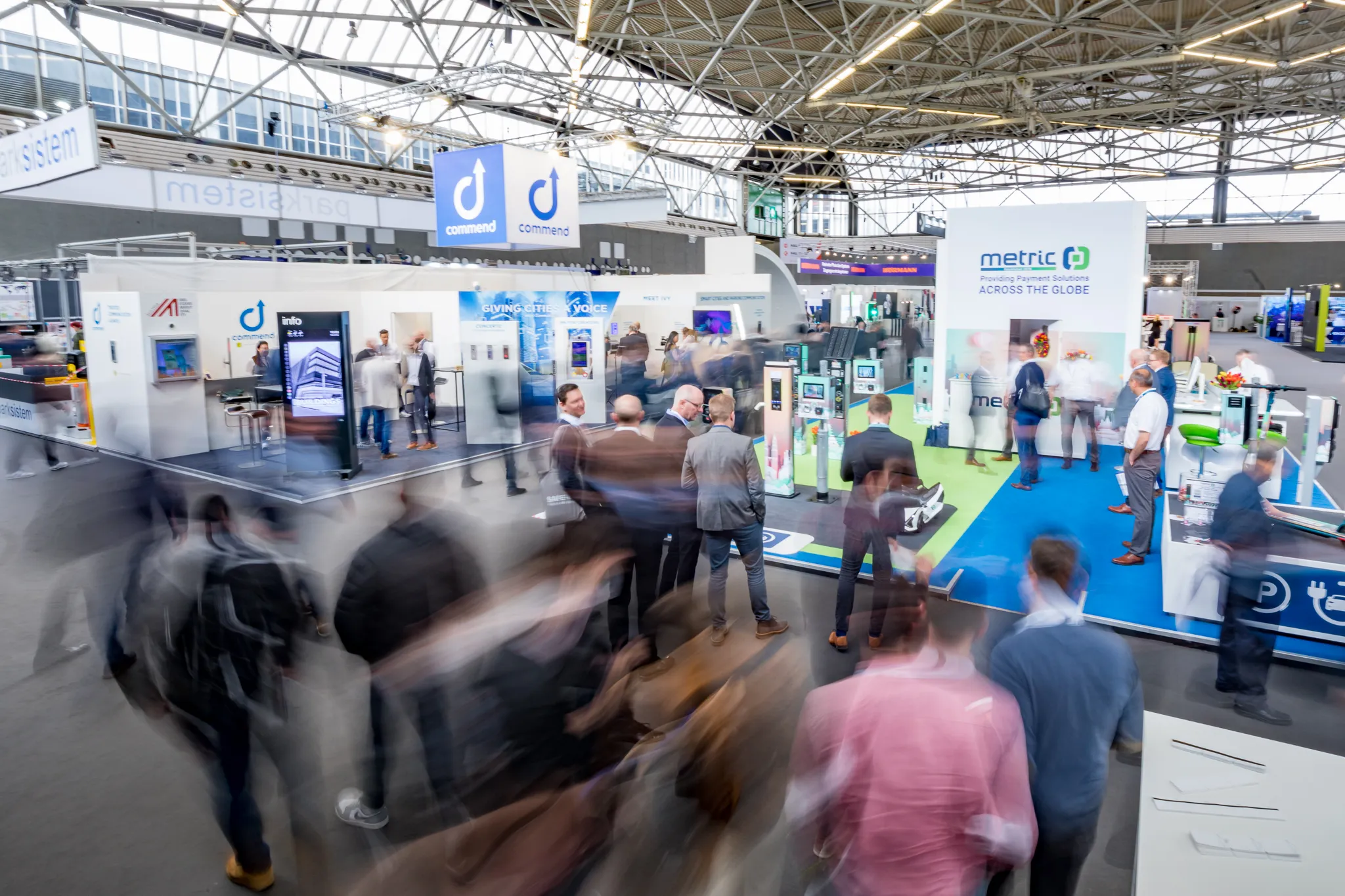Returning to the Inmarsat Conference Centre in London on 20 and 21 March, the conference will explore the increasing digitisation of transport as a driving factor behind the rise of MaaS, the legislative and technological requirements to operate MaaS and the business models being employed.
Presenters from authorities in the UK, Europe and beyond will present case studies of fledgling MaaS-style services in their region. Transport operators will give an insight into the effect MaaS is having on the public transport services and help delegates answer the question the sector is considering: ‘Should we participate – and if so how?’
“We know this is a very important issue for many cash-strapped local authorities so we are also providing discounted delegate places for all public sector officials,” said Graham Anderson, head of conferences and events.
Dedicated sessions will look at the likely effect on future transport infrastructure and vehicle design, the impact of autonomous vehicles and include all-important topics such as the urban environment and mobility in an ageing population.
2019 MaaS Market conference announced
ITS International has announced its 2019 MaaS Market Conference. Under the new tagline of Optimising multimodal mobility, the 2019 event will examine the latest developments in the fast-changing Mobility-as-a-Service (MaaS) sector.
Returning to the Inmarsat Conference Centre in London on 20 and 21 March, the conference will explore the increasing digitisation of transport as a driving factor behind the rise of MaaS, the legislative and technological requirements to operate MaaS and the business models be
November 27, 2018
Read time: 2 mins










